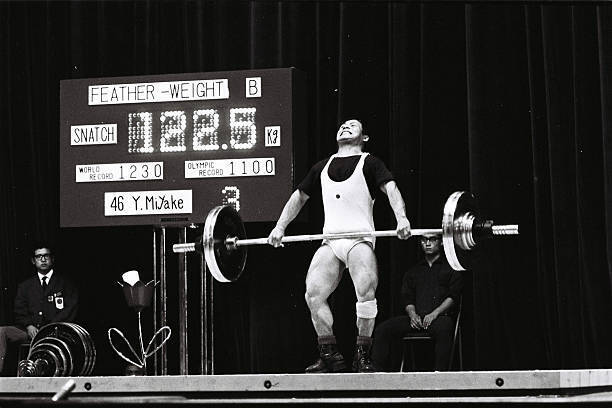The Asian Weightlifting Federation (AWF) stands as a non-profit organization, uniting 45 affiliated National Federations spanning across all Asian countries.
In its pivotal role, the AWF serves as the official governing body for the sport of weightlifting in Asia.
The organization’s mandate extends to the meticulous organization of competitions, including prestigious events like the Asian Weightlifting Championships.
In carrying out its responsibilities, the AWF adheres closely to the IWF Constitution and By-Laws, as well as the IWF Technical and Competition Rules & Regulations, and the IWF Anti-Doping Policy.
Functioning within the framework provided by the IWF, the AWF operates with a commitment to the regulations pertaining to Continental and Regional Federations. Notably, the AWF enjoys recognition from both the IWF and the Olympic Council of Asia (“OCA”) as the exclusive controlling authority for Asian weightlifting, solidifying its status as a key player in the regional and international weightlifting landscape.

